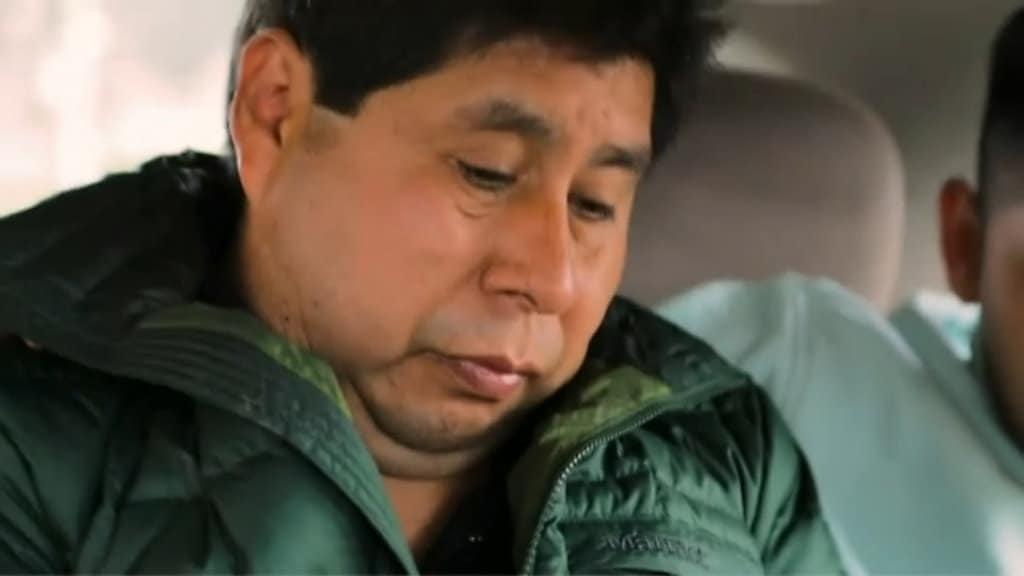
Members of the Westchester County Board of Legislators are calling for the reconsideration of application for political asylum by a Mount Kisco synagogue employee who was deported to Mexico last February after living in the United States for more than 30 years.
All 13 democratic members of the BOL signed a letter to Immigration Court in Batavia, N.Y., urging the court to reconsider Armando Rojas Rugerio’s application for asylum, which has been denied, and to return him to his family and community.
Rugerio has lived and worked in Westchester for more than 20 years, serving as a custodian for the Bet Torah synagogue in Mount Kisco, paying taxes and Social Security. The synagogue’s leaders have assembled legal resources for Rugerio, and members of the congregation have rallied in his support.
In February, Rugerio was deported without notice to his family and despite a stay of deportation signed by a judge. According to the legislators’ letter, Rugerio was left by an ICE officer in Tijuana, Mexico, without a bank card, money, phone or ID.
Legislators say that once Rugerio returned to his sister’s village in Mexico, he was physically threatened. The letter also notes that two of his family members had been murdered. At that point, Rugerio was walked to safety and attempted to re-enter the United States at a board entry point, but was detained and sent to the Albany County Correctional Facility where he has remained since June. Rugerio has a wife, two sons and a grandchild in this area.
In a letter to Batavia Immigration Judge Steven Connelly, the Democratic County Legislators wrote: “Mr. Rugerio has an extraordinary work ethic. Earlier this month, thousands of Mt. Kisco residents, including children, held a vigil for Armando Rojas Rugerio outside Temple Bet Torah, where Mr. Rojas had worked for decades.
“We Westchester County legislators, request that Mr. Rugerio’s application for asylum on the basis of credible fear (his asylum officer found him to be credible and to have a legitimate fear should he be deported) be reconsider thereby returning him to his community with supervision, so he can be with his family and his community, so he can return to his productive, wage-earning position.”





